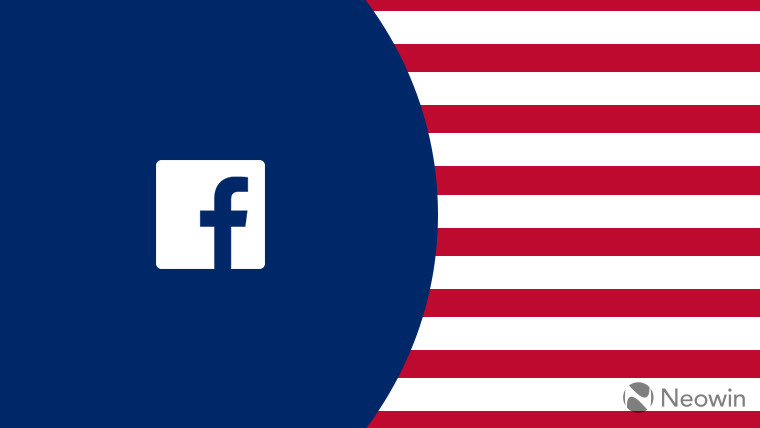
Facebook announced measures to protect the 2020 U.S. election from foreign influence and misleading information last year. Now, the firm has announced that it is banning manipulated photos and videos, referred to as deepfakes, from its platforms, in a move aimed to curb misinformation ahead of the U.S. presidential election later this year.
The change in policy was announced in a blog post in which Monika Bickert, Vice President, Global Policy Management, stated that "misleading manipulated media" would be removed if it meets the following criteria:
It has been edited or synthesized – beyond adjustments for clarity or quality – in ways that aren’t apparent to an average person and would likely mislead someone into thinking that a subject of the video said words that they did not actually say. And:
It is the product of artificial intelligence or machine learning that merges, replaces or superimposes content onto a video, making it appear to be authentic.
The firm, however, stated that "this policy does not extend to content that is parody or satire, or video that has been edited solely to omit or change the order of words."
The manipulated content which does not meet the requirements for removal will still be eligible for review by Facebook's independent third-party fact-checkers, who may rate it false or partly false. Then, its distribution in News Feed will be significantly reduced and it will not be allowed to run as an ad. People who have already shared the content will be shown "warnings alerting them that it's false." Facebook believes that simply removing the content won't help since it would be available elsewhere on the internet so labeling it as false would provide "people with important information and context."

















22 Comments - Add comment